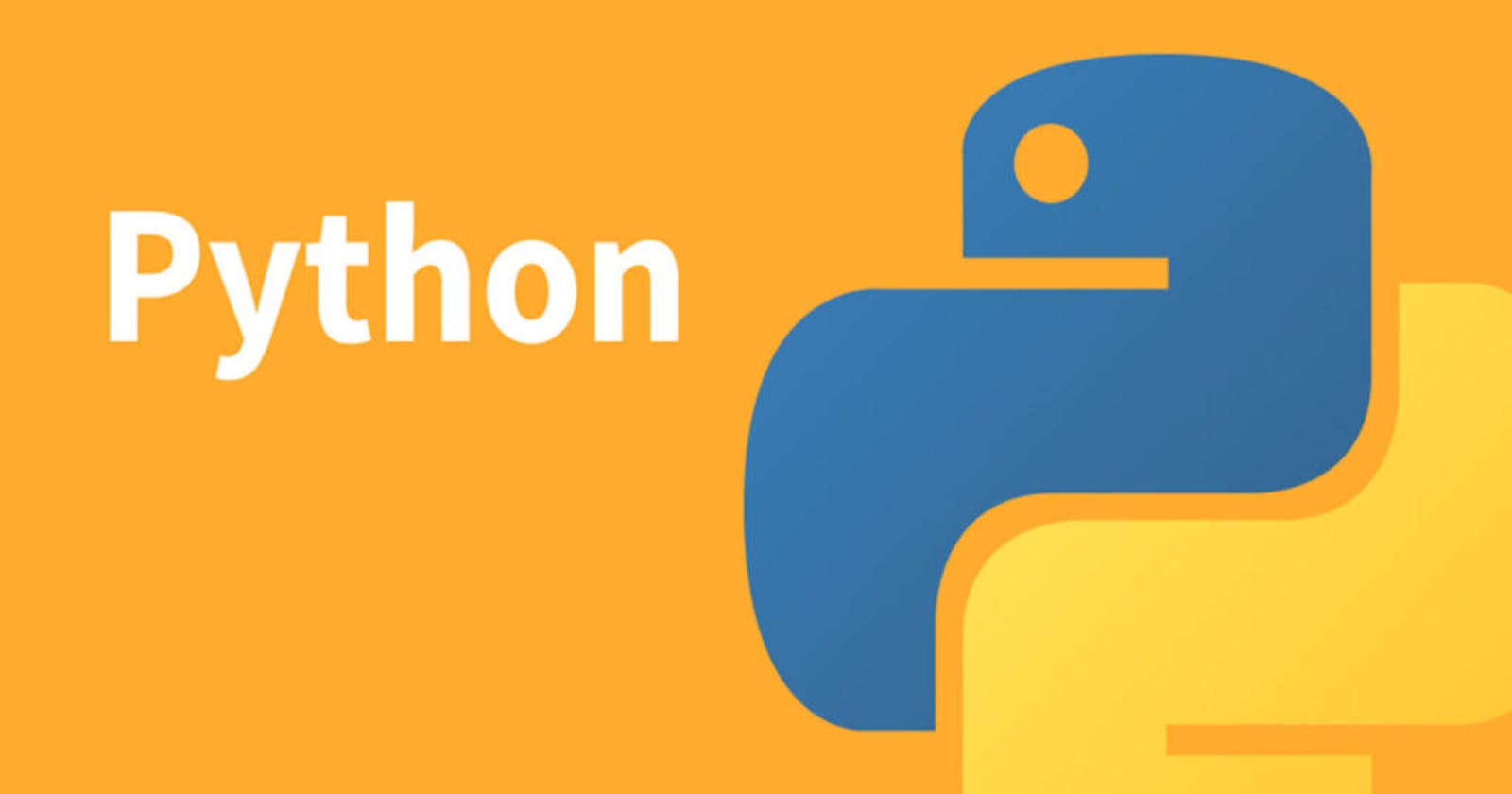Plugins in Pytest are external packages or modules that can be integrated into Pytest to extend its functionality. Pytest's plugin system allows you to customize and enhance your testing process by adding features, custom fixtures, custom command-line options, and more. Pytest has a rich ecosystem of plugins created by the community to address various testing needs.
Here's how you can work with plugins in Pytest:
Installing Pytest Plugins:
You can install Pytest plugins using pip, just like any other Python package. For example, to install the pytest-html plugin for generating HTML test reports, you can run:
pip install pytest-html
Using Plugins:
Once a plugin is installed, you can use it in your Pytest test suite. Pytest automatically discovers and loads plugins when you run your tests.
For example, to generate an HTML test report using the pytest-html plugin, you can simply run your tests with the --html option:
pytest --html=report.html
In this case, the pytest-html plugin is used to generate an HTML report of your test results.
Creating Custom Plugins:
You can also create custom Pytest plugins to tailor Pytest to your specific testing needs. Pytest plugins are Python modules or packages that follow a specific naming convention and structure.
For example, to create a custom Pytest plugin that provides a custom fixture, you can create a Python module like this:
# my_custom_plugin.py
import pytest
@pytest.fixture
def custom_fixture():
return "Custom Fixture Value"
You can then use this custom fixture in your tests by importing it as you would with any other Python module.
Discovering Available Plugins:
You can discover available Pytest plugins by checking the Pytest Plugins Index (PyPI) at https://pypi.org/search/?q=pytest.
Commonly Used Pytest Plugins:
pytest-html: Generates HTML test reports.
pytest-cov: Provides code coverage reporting.
pytest-django: Adds support for testing Django applications.
pytest-selenium: Integrates Selenium for browser testing.
pytest-mock: Simplifies mocking objects in tests.
pytest-xdist: Enables parallel test execution.
pytest-flask: Adds support for testing Flask applications.
Enabling and Disabling Plugins:
Some Pytest plugins may require configuration or enabling/disabling through command-line options or configuration files. Refer to the documentation of the specific plugin for instructions on how to use it.
Plugins are a powerful way to extend Pytest's capabilities and tailor it to your specific testing requirements. Whether you need advanced reporting, code coverage analysis, integration with other tools, or custom fixtures, there's likely a Pytest plugin available to help you achieve your goals.
